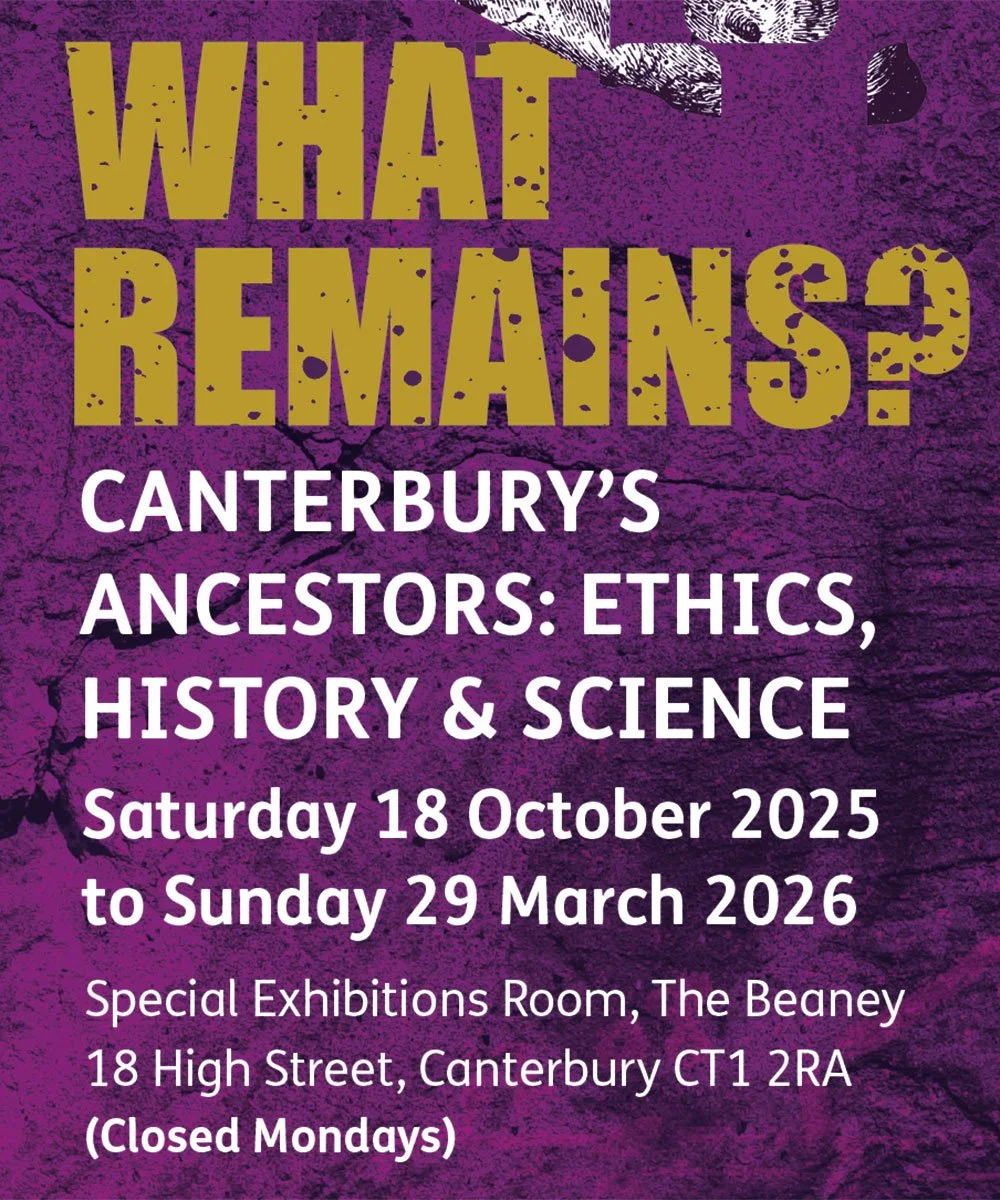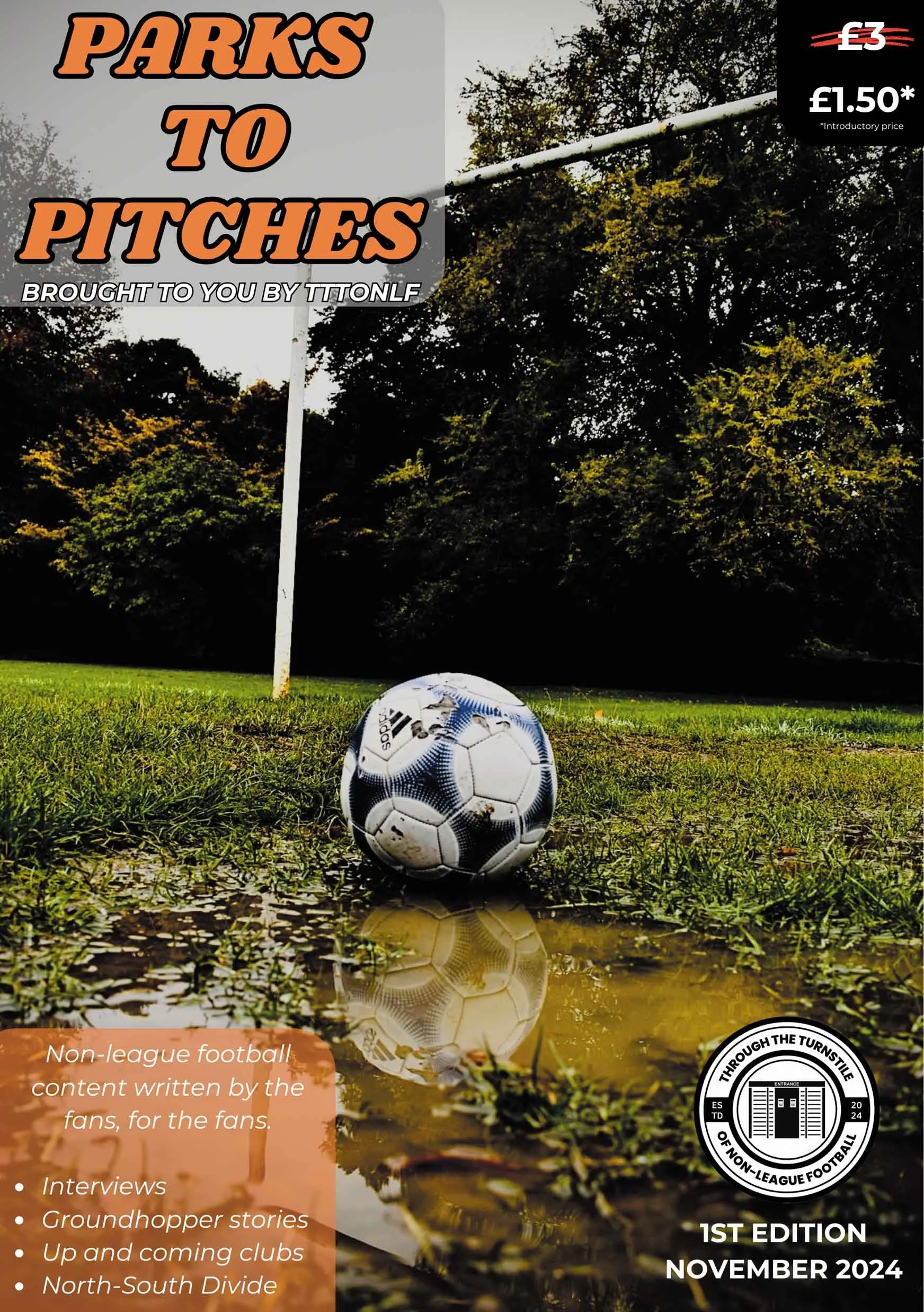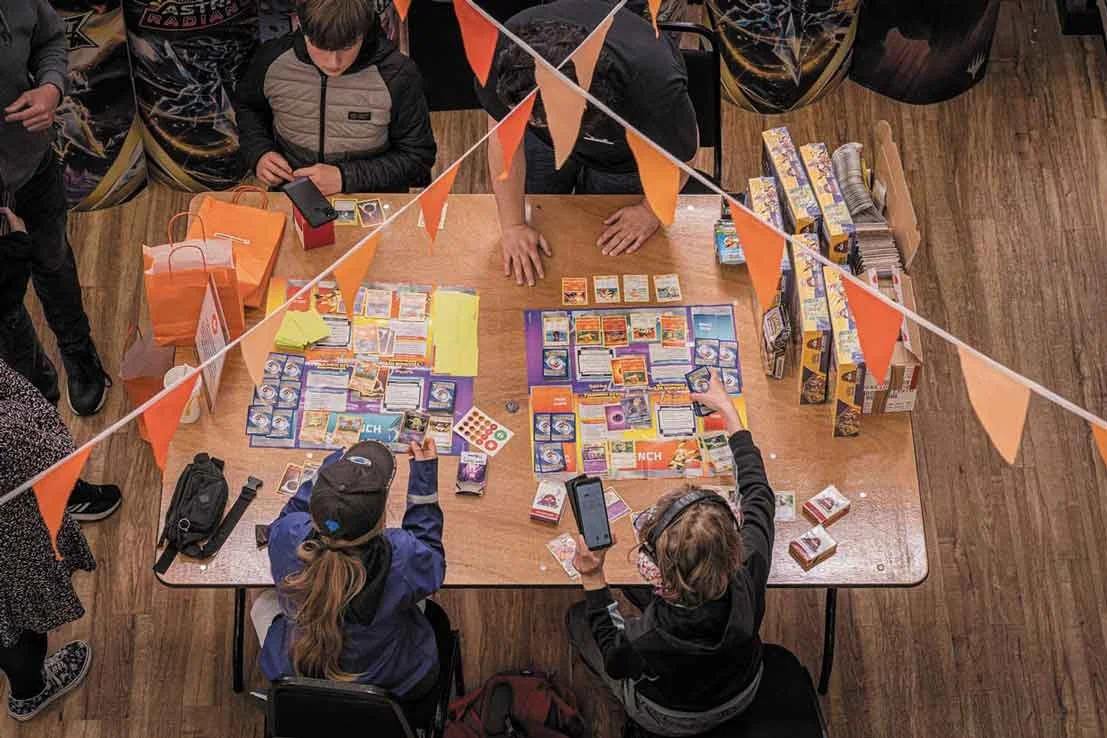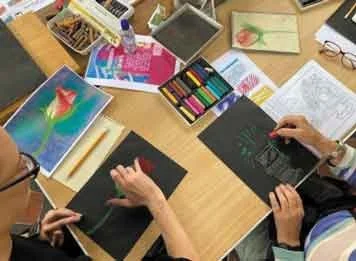THE PICKLE PUNDIT: Interview with Margate's chef and fermentation pro Thom Eagle
Writer, chef and fermentation expert Thom Eagle on his new book and the passion for pickles
A man after my own heart, Thom Eagle (@thomeagle) is one of the country’s leading voices in the ancient art of pickling and fermentation. Anyone who cites Pickled Onion Space Raiders as an early introduction to the world of sour flavours gets a big thumbs up.
While his background is as a chef, heading up the kitchen at the forward-thinking and lauded Darsham Nurseries Cafe, Thom has returned to his Kentish homeland - formerly Canterbury, now Margate - to write.
‘First, Catch’ made countless ‘cookbook of the year’ shortlists and won Debut Food Book at the Fortnum and Mason’s Awards.
Described as a ‘cookbook without recipes’ and more of a ‘journey through the mind of a chef’ as they stand in the kitchen in Spring, it was no surprise that a second ‘Summer’s Lease’, which focused on cooking techniques without the use of heat, followed quickly after. This year Thom collaborated with the British Library on ‘The Philosophy of Pickles and Fermented Foods’, exploring the cultural history of pickling and fermentation, gut health and the traditions and practices used across the globe. While Thom continues to create his pickles in the kitchens of Bottega Caruso in Margate, he has also launched handmade liqueurs brand Rovo and continues to find a place (usually in a jar) for any ingredient. We caught up with Thom to find out more.
Thom Eagle - image by Zac Gates
Where did your desire to move from chef to author come from?
I've always kind of skipped between the two a bit. I studied literature, and I always thought I was going to be a writer or an academic, and then I got sick of that by the time I finished university and so I just got a job in a kitchen because I enjoyed cooking. The idea was always to do a bit of both, but then cooking full time is obviously quite consuming.
So, it was a few years being a chef before I kind of broke out. And I was like, ‘I'm never going to cook professionally again. I just want to write about it.’, That lasted about six months before I started working at Darsham. But I kind of keep going back and forth between that.
Having won awards for your first book, did that put a lot of pressure on your follow ups?
I think it did. When Summer's Lease came out, that definitely kind of felt like the ‘difficult second album’, kind of pressure on it. As people say with albums, you spend your whole life making your first one, and then you've got, like, a year to make your second, and that is difficult.
Tell us about the new book…
The Philosophy of Pickles was a lot more straightforward, partly because it's a project that's not mine, to an extent, because it's part of the British Library's Philosophy Series. So, there's kind of a form to it, and there's a design to it. I had a lot of fun writing it. It was a much more of a done-and-dusted project, they get people who know what they're talking about and have interesting things to say on the subject. I was given free rein to just kind of say what I wanted, which just made the whole thing quite a lot more enjoyable to do.
How did you get involved with the series?
It was one of those increasingly rare Twitter interactions that are really nice. I was aware of the series, and really enjoyed the Philosophy of Curry book particularly.
I just tweeted something along the lines of, ’Oh, I'd love to write a Philosophy of Pickles’, and then Jane Peyton, who writes their alcohol books, messaged me to put me in touch with the commissioning editor. I just pitched to her directly.
Where did the love for fermenting begin?
It's been quite a gradual kind of build up, I think. I've always really liked sour things and pickles. Even as a kid, I really liked sour sweets and Pickled Onion Space Raiders and stuff. My parents had a n allotment, and they would preserve loads of things. So there's always these jars of pickled onions lying around the house, which I always really enjoyed.
So, initially I liked that flavour profile more than the actual like process of it. When I got to Darsham, it had its own kitchen garden, which meant that you got these kinds of seasonal gluts of things. And that's when I got super into fermentation. One month, in particular, we're just given endless piles of green tomatoes that weren't going to ripen or do anything.
So I pickled some, and I tried making some wine or something with them, but a bunch of them were just fermented in a salt brine, and that was kind and that was kind of a bit of a light bulb moment.
Fermenting.. pickling, what's the difference?
Pickling generally, is just putting things in a sour liquid, like a pickled onion, a pickled egg, a gherkin, or whatever.
Whereas, fermentation is more of a natural process. So the sourness comes from just having a salt brine, and then you put your things in your salt brine. And the sourness comes from the natural fermentation of bacteria, of lactic acid bacteria - it's a kind of a gentler acidity than vinegar. It's more natural, if you want. It's those types of pickles that are interesting in terms of the microbiome and gut health and all the other things that people are interested in about fermented foods at the moment.
Why are pickles so popular again now?
It's a whole mix of things. There's lots about gut health and the microbiome and the connection with mental health and all these different things which certainly play a part in it. I guess also, I think covid had a big impact on the way people thought about these long term cooking projects, because suddenly you could take the time to shred 20 cabbages and make a load of sauerkraut.
But I think it's also been going on longer than that. As some aspects of food get more industrialised, there's just a growing interest that we can do these things for ourselves, and try these practices that have worked for centuries or millennia, rather than just buying stuff.
Did you have to do a lot more studying of pickle history for the book?
It’s something I read about a lot generally, so there's quite a lot I was aware of, but it was interesting going back and reading just how old the practices are. If you see some of the earliest examples of human civilization, there are examples of pickling, and then also going across different cultures.
So for the ‘kimchi’ chapter, for example, I was really keen to do my research and talk to people and not just come across like a white guy kimchi-splaining things to people.
It was really interesting reading about the Kimjang, the communal process of fermenting kimchi, and how it's, beyond the food stuff, important as a shared cultural practice in a way of bringing people together.
Do you have a seasonal pickle that you get excited about?
There's a few seasonal moments where you get these ingredients that are only around for a very short period of time that you then have to spend ages pickling, which I always really enjoy. One is green walnuts, for the really traditional English pickled walnut, which I also used to make a liqueur with. They're only around for like a week. You have to pick them before the walnuts form a shell, and it's while they're still kind of really flavoursome or ripe and green. Green walnuts are inedible, and they spend months transforming into something really tasty.
Is it a case that the more the aged the pickle, the better?
Some pickles are designed to be pickled quickly and eaten quickly. But certainly, with a lot of pickles and ferments, there is that element that, as they age, they get more depth of flavour and more interesting. Certainly, with kimchi and soy sauces, there's some that are designed to be aged over a very long period of time, over years and years.
What's the oldest pickle you've ever eaten?
I've never really managed to keep them around long enough to really test that out. One of the most interesting things I made was when I was at Darsham. I was trying to ferment and preserve a lot of different kind of waste items, almost. So I made a kimchi out of cavolo nero stalks, tough stalks. And that took ages, because they were so tough that the fermenting was taking ages to break down. But by the time it had broken down, which was a year or so, they had almost started tasting of truffle, which was quite extraordinary to just this kind of cabbage trash and get this quite luxurious flavour out of it.
So, what’s next? Have you got more books lined up?
Nothing concrete at the moment, but I'm definitely interested in writing more about preservation, maybe preserved meats and kind of these different things, these different areas. Yeah. And hopefully, as I get older, get out of the kitchen a bit more and focus more on writing!













